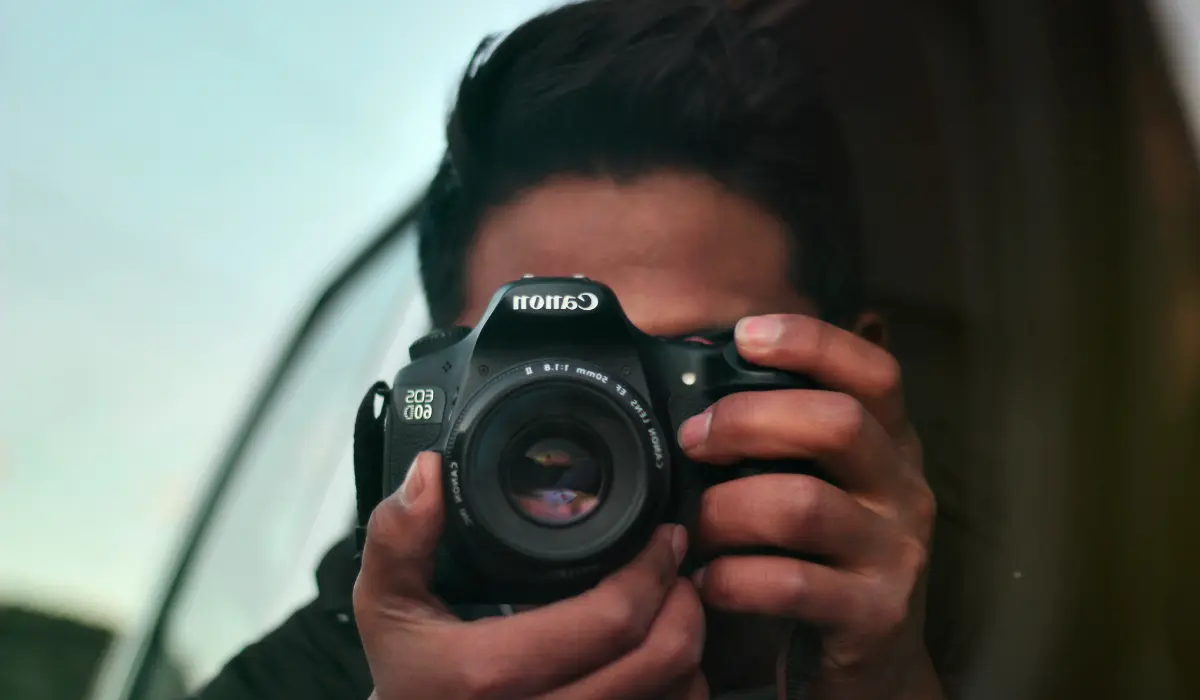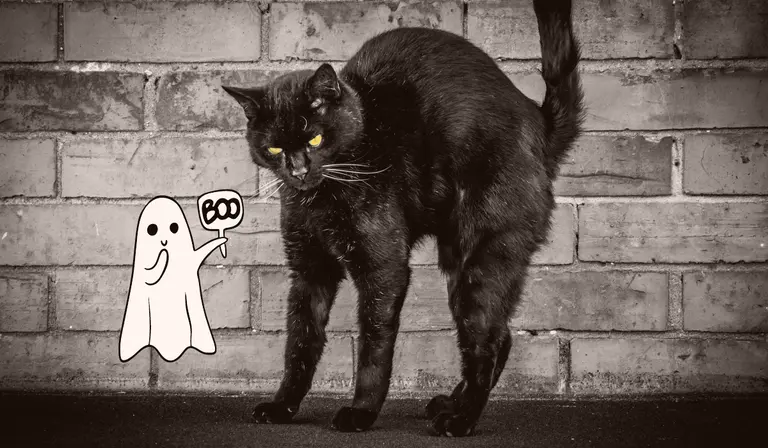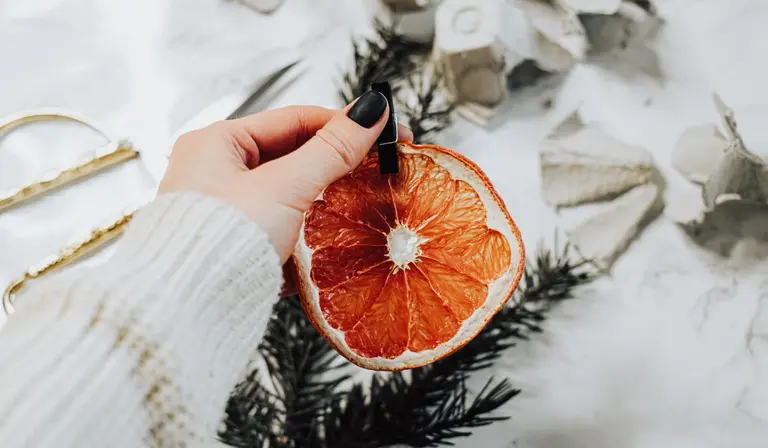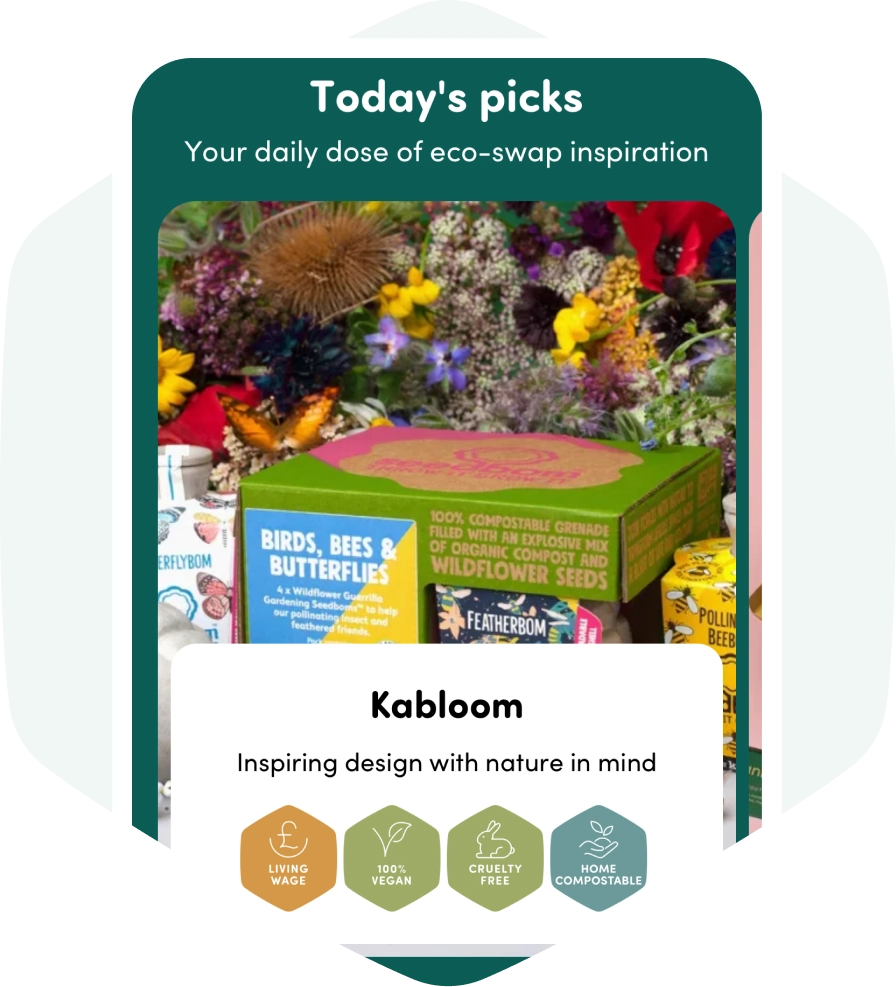When you first start diving into a new hobby, the excitement and eagerness to learn new things can lead you to buy every book or item of equipment related to it, whether you need it or not.
From making films to art, photography or a new sport, there are so many interesting activities we can get involved with that it’s all too easy for it to become an exercise in spending money and acquiring goods rather than actually practising new skills. But there are ways to be creative without it costing the earth, literally and figuratively, so here are some tips for making your hobbies more sustainable while still enjoyable.
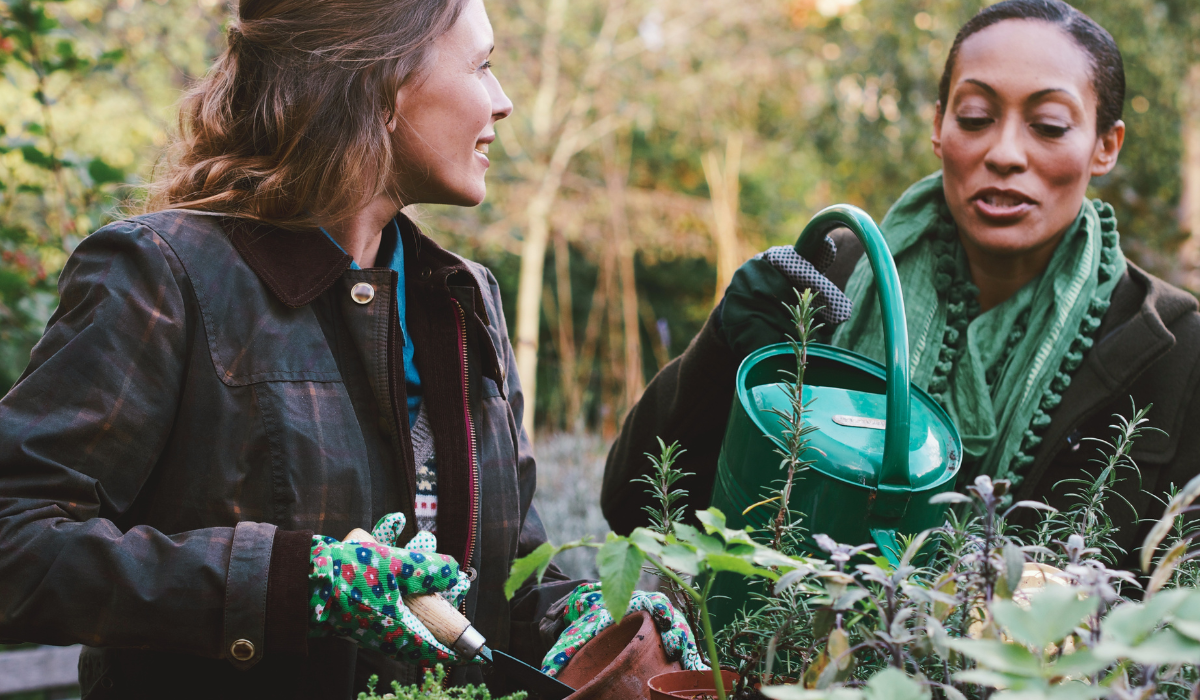
Use what’s already around
So many hobbies require at least some equipment to get you started, from proper clothing for sports to tech for online creative endeavours. But whether you’re looking to upgrade your existing gear or you’re starting a new hobby and are looking to invest in pieces to start creating, using what’s already in existence is a far more sustainable (and affordable) route than buying new.
Do you have friends who share your hobbies who you can borrow from or can you repair what you already own to make it usable again?
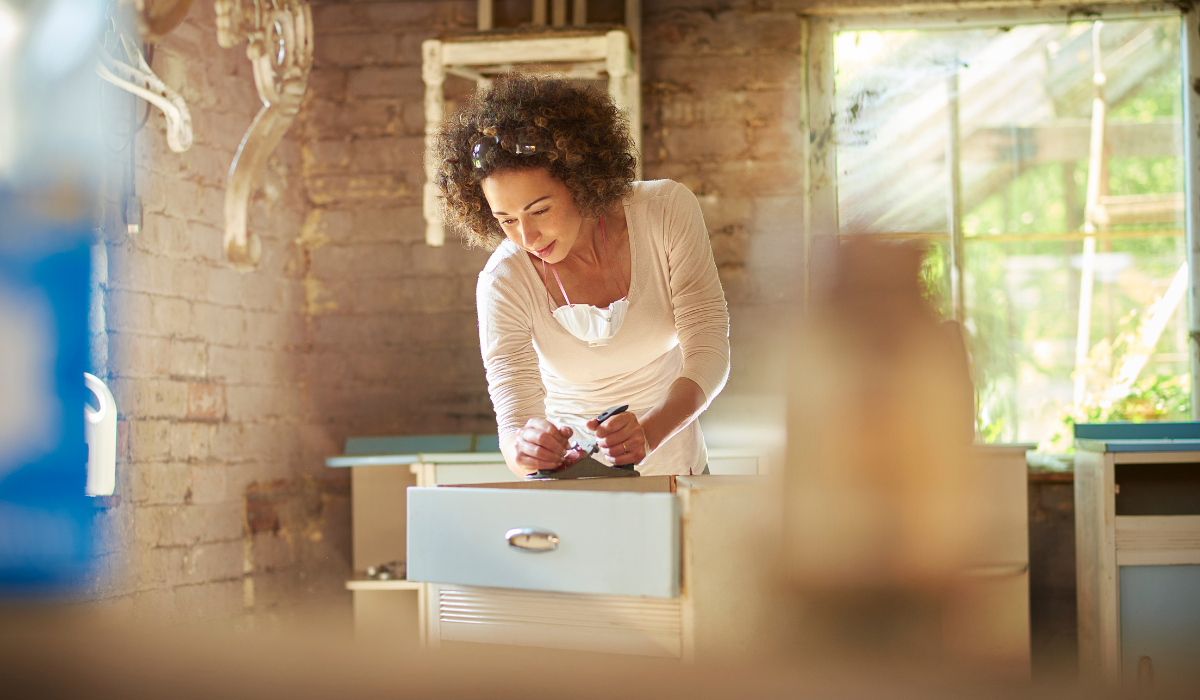
If it’s truly necessary for you to make a new purchase, consider whether you can buy secondhand on resale platforms or online marketplaces.
In many cases, used and recycled goods have been repaired and refurbished to an equal standard as new but are far cheaper and they don’t place strain on the planet in terms of manufacturing, transportation and packaging, so it’s a win for you and the planet.
Focus on learning
One of the perks of having a hobby is that you can really dive into the topic and learn as much as possible about it. And that aspect of your creative outlet doesn’t need to include acquiring things.
Hobbies are a great way to develop unique skill sets and competencies that you wouldn’t otherwise have, and learning more will enable you to develop your passion for the subject matter.
From libraries and online resources to in-person groups and communities, there are many ways to learn for free without needing to buy more. With greater emphasis on learning, you can also develop skills required for a career or a future career. We'd recommend Jooble for sustainability related job searching!
Get involved with local groups
Making friends is another fun side effect of starting a hobby, but it actually offers a sustainable benefit as well as a social one. When you get to know people who share your interests, you have the opportunity to not only learn from one another and develop your skills but you can also share resources and equipment.
If you need an item of recording equipment for a film you’re making, for example, borrowing it from someone who already owns it rather than buying one new saves you money and prevents more items from being produced unnecessarily.
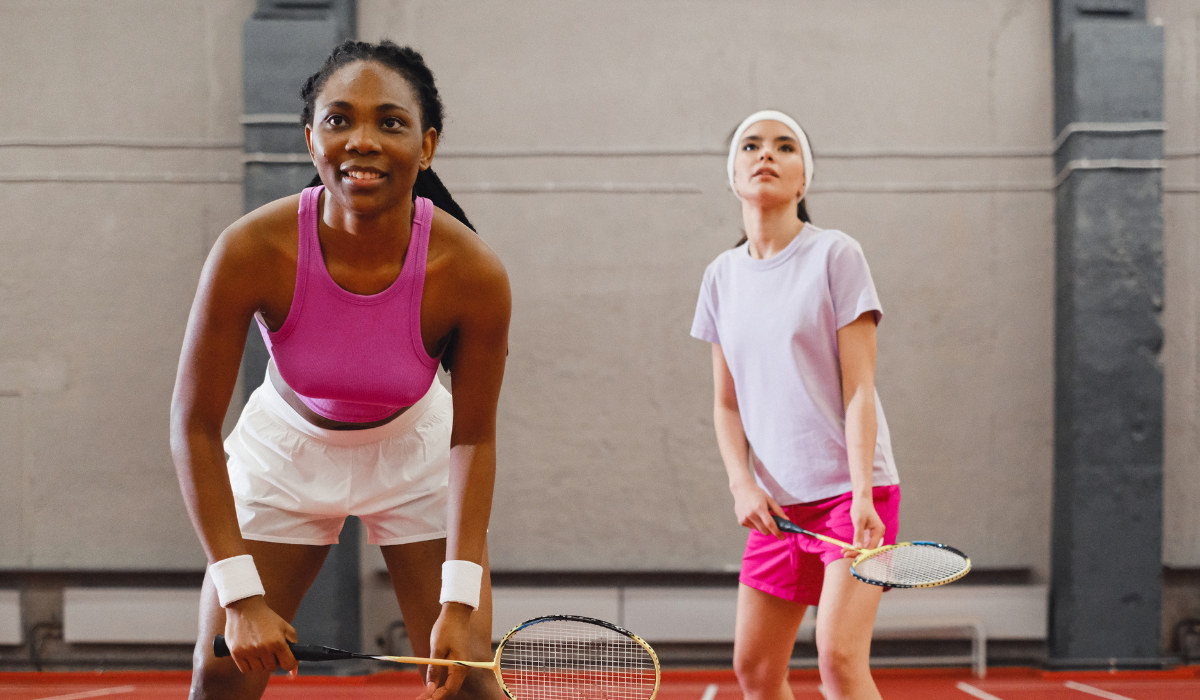
Before you click ‘Buy Now’, think about whether there’s someone you know who can lend you an item you need. If it’s something that you only need to use once or twice, it’s a great way to prevent waste.
Create an annual budget
Whatever your creative outlet, be it photography, knitting or music, there are always enticing products out there to add to your collection and elevate what you produce to a higher standard.
But overspending aside, often we buy things we don’t really need that will sit in a cupboard or on a shelf for months before we even get around to using them.
The prospect of owning new items is fun and an exciting element of having a hobby, but be mindful about where you spend your money to reduce the risk of items going to waste or being produced for no reason.
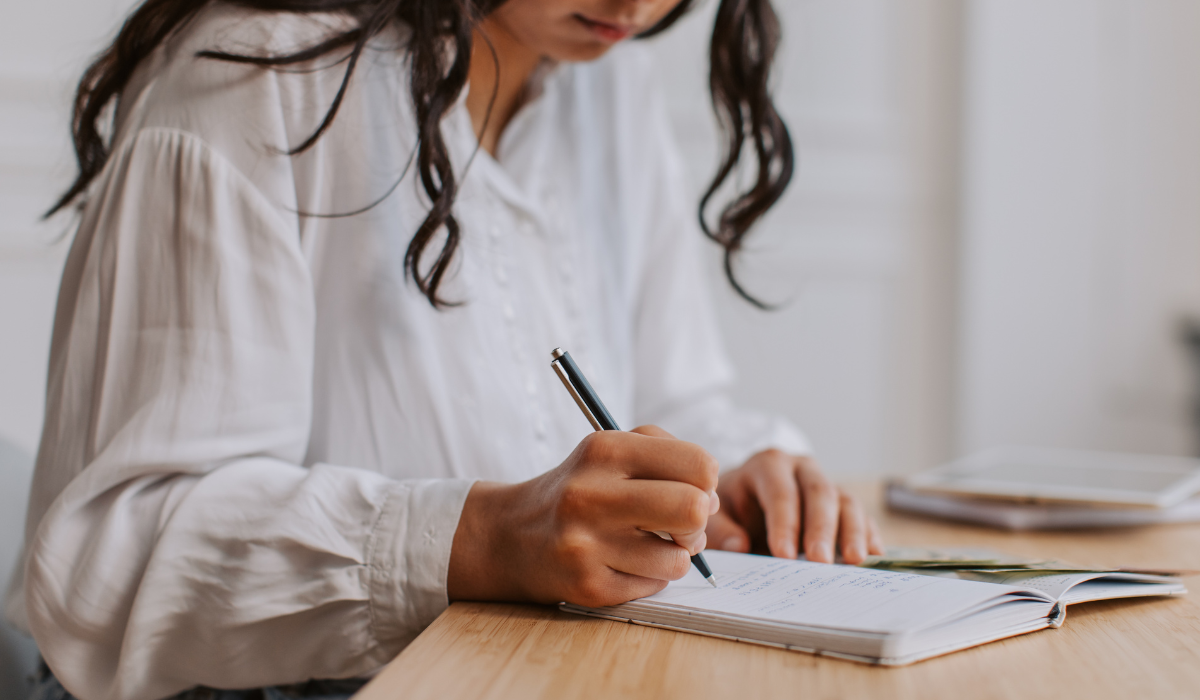
Creating an annual budget for your hobby is a great way to keep your spending to a minimum and it will help to keep your purchases considered. If you don’t have endless amounts of cash to throw at a hobby, you’ll need to be more thoughtful about where that money is spent, and that is a great way to not only reduce overspending but keep each purchase you make a mindful one.
Develop hobbies that give back
Not every hobby is going to be compatible with an eco-friendly lifestyle, which is where making compromises on how you source materials or where you spend your money come in.
But some are the perfect balance between fun, interesting and environmentally friendly. If you’re considering starting a new hobby, why not consider one that does good in the process?
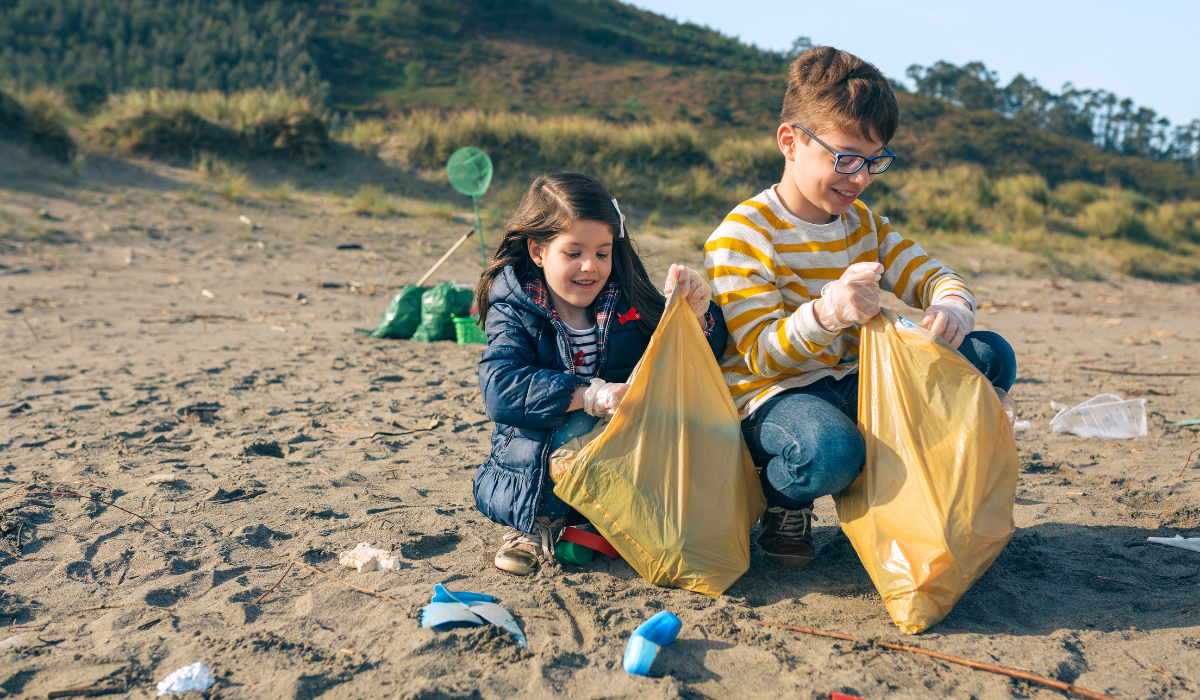
For example, you could join an environmental initiative in your local area such as beach cleanups or community gardening, take up sewing to mend and upcycle clothes so they don’t get thrown away, or take up a hobby that fosters education on important matters like climate justice.
Beach cleanup projects in the UK to check out:
- Million Mile Clean - Want to make the UK a cleaner, greener place for everyone to enjoy by mobilising 100,000 people each year to get out there and protect the areas they love. Beach, street, river, park or mountain, the Million Mile Clean is open to everyone. Whether you’re an individual beach cleaner, a group of friends, a team of colleagues, a school or community group, every piece of rubbish you collect brings us one step closer to stopping plastic pollution. A free beach clean kit is sent to everyone who registers.
- The Marine Conservation Society’s annual Great British Beach Clean - Happens every September and thousands of people across the UK head to the coast to take part. Use their beach clean finder to find an event near you.
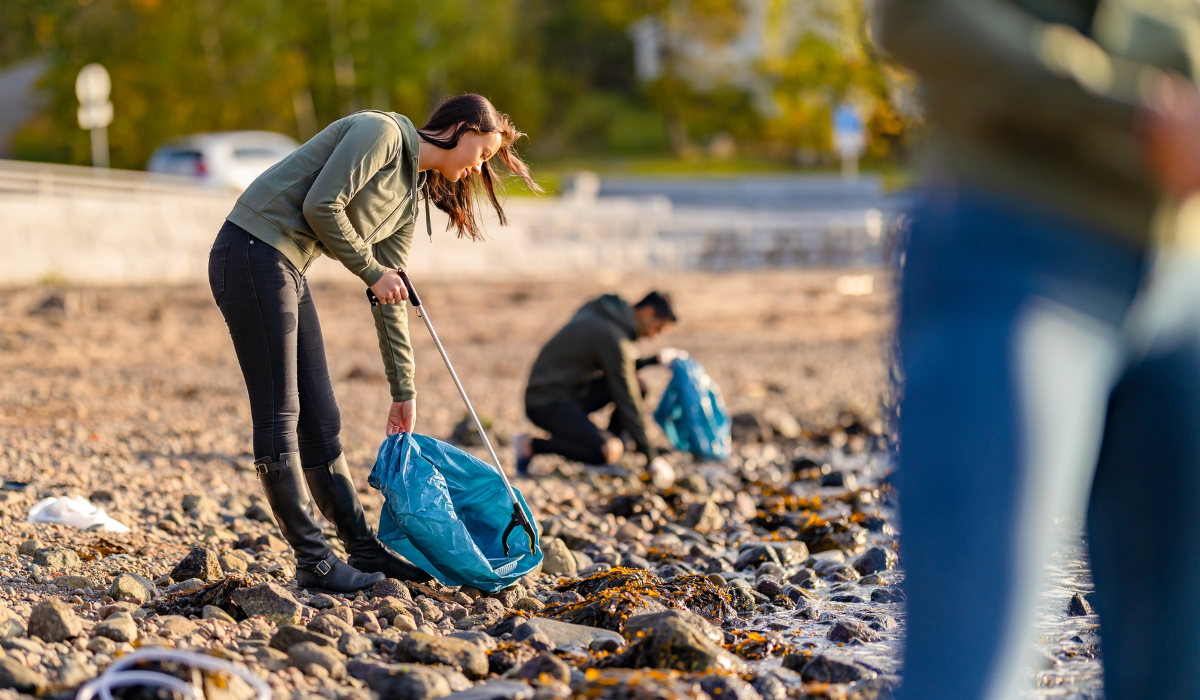
Community gardens:
- Set up a community garden - Use the The Royal Horticultural Society resources to start your own one! If well-planned, a community garden can offer people a place to relax, a way to engage with nature, meet others and get active outdoors.
- Community Garden Grants - National Garden Scheme gives grants to help community gardening projects.
- Check out this list of green spaces volunteer groups based across Brighton & Hove.
- The Conservation Volunteers is the largest organisation in the UK promoting practical conservation work by volunteers. It offers thousands of volunteering opportunities every year across the UK as well as internationally.
- London has the largest concentration of community gardens of any UK city. Find out more here.
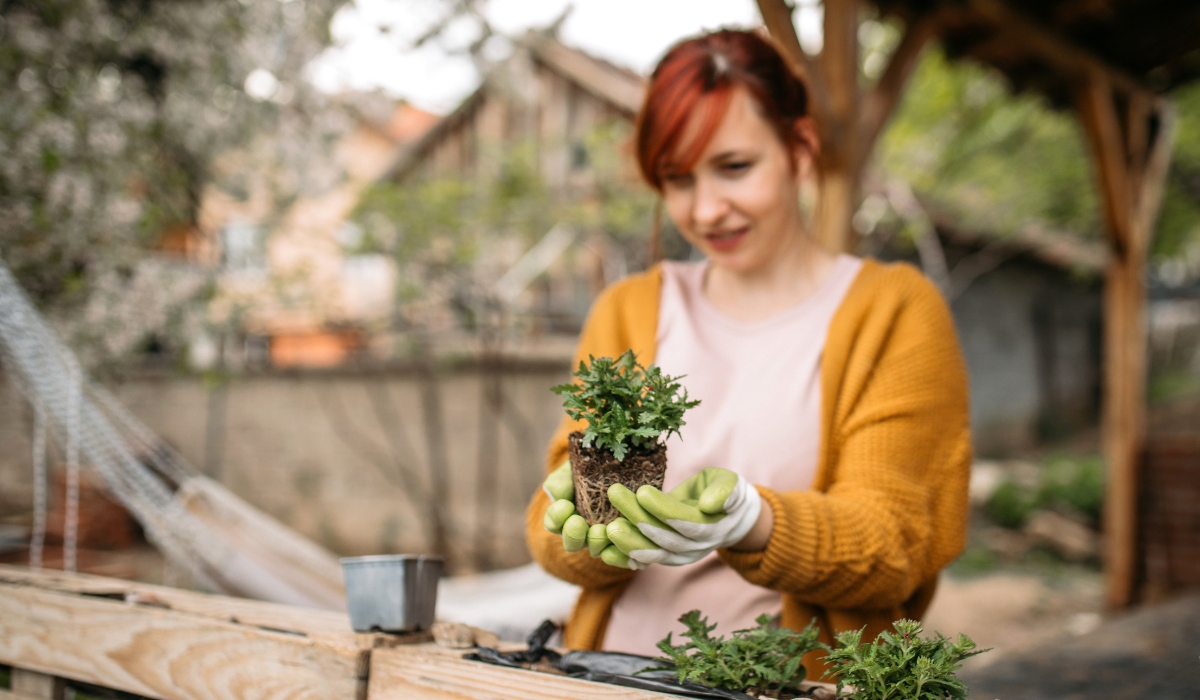
And if you want to take it a step further, you could even look for a role or a career path that helps to give back or is related to sustainability. For a great place to start looking, use Jooble, an international job search website used daily by millions of people in 69 countries. They have over 2k jobs just for 'Sustainability Manager'!
Or use Escape the City's job search to find 'socially impactful' jobs.
Use sustainable materials
As a creative, you’re in a great position to think outside the box when it comes to your hobby, so why not reconsider the materials you use to produce your work?
For example, if you’re an artist, why not try using recycled materials to create unique pieces? For inspiration see what some of the artists are doing across the world to raise awareness on issues such as plastic pollution, such as Project Vortex Collective. You can even become a member for free.
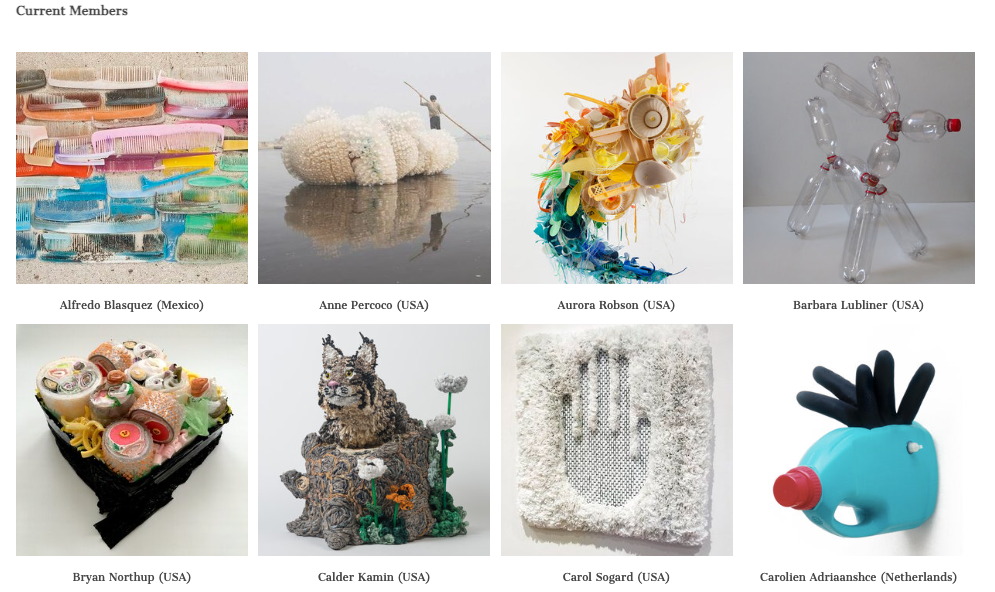
Or if you’re fibre crafter, use secondhand or eco-friendly wools and fabrics that stay away from plastic and petroleum-based materials in favour of cotton, linen and hemp.
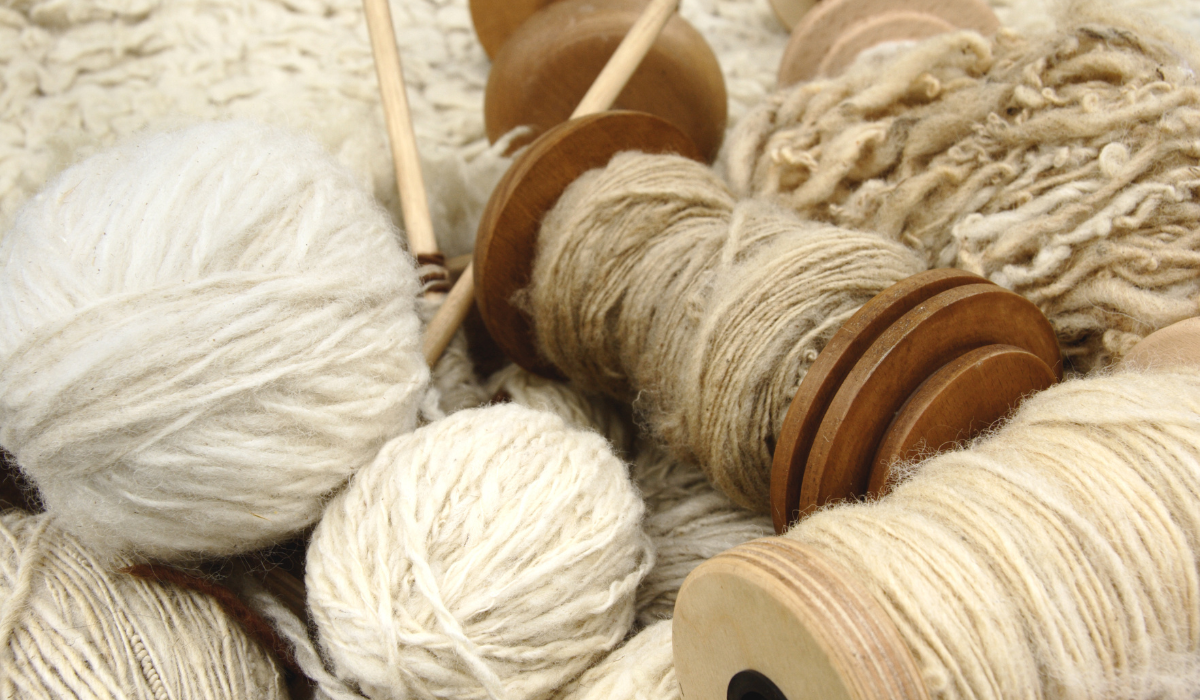
No matter what your area of expertise is, there are sure to be ways that you can use sustainable materials for your craft, putting less stress on the planet and creating more unique outcomes for you as a creator.
Having a hobby offers so many benefits for your mental wellbeing, sociability and in helping you develop unique skill sets and there are certainly ways that you can consider the environment in your hobbies.
Summary
Being more mindful about the things we bring into our home and where we make those purchases can help us to reduce unnecessary waste, both in the product, the packaging and manufacturing processes. We can also use those hobbies for good, such as upcycling old materials or using our creative outlets to promote important causes.
This article was written exclusively for ethy by Annie Button. See here to read more of her recent publications regarding remote working conditions, climate change, personal development and business.
You may also like...
Sign up for our newsletter
Get the latest sustainability news delivered directly to your inbox.
